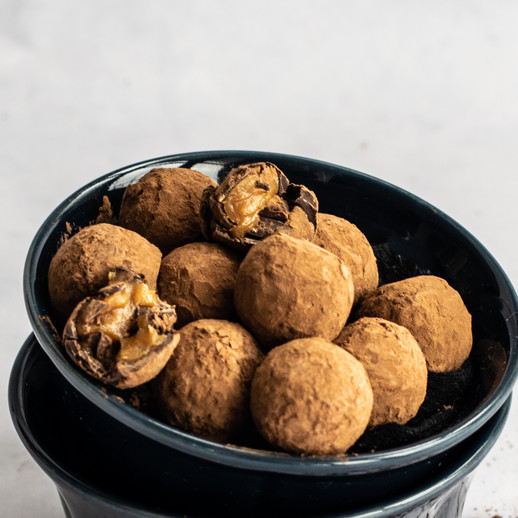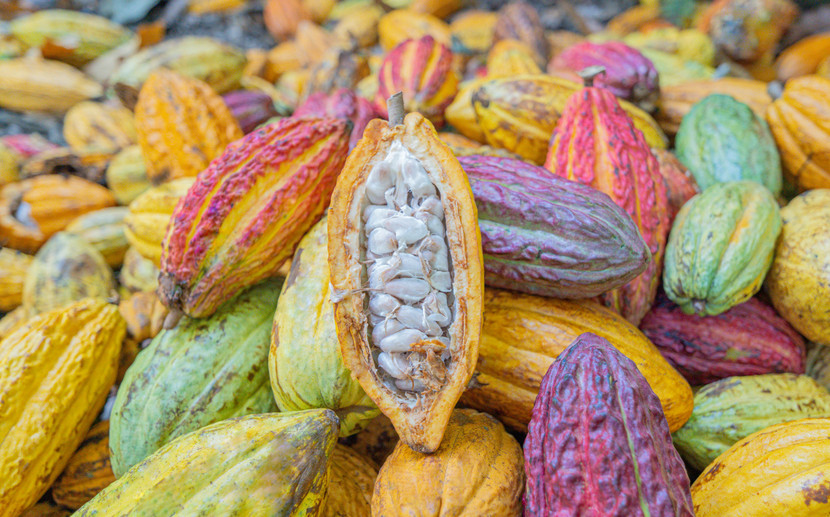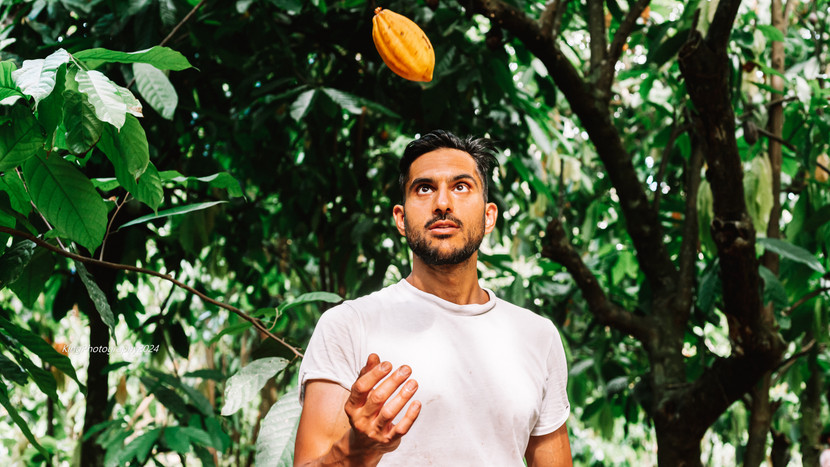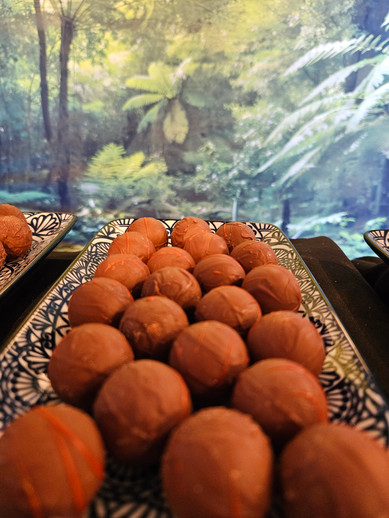Why Do We Crave Sweets When We’re Stressed?
Although our brain accounts for just 2 percent of our body weight, the organ consumes half of our daily carbohydrate requirements—and glucose is its most important fuel. Under acute stress the brain requires some 12 percent more energy, leading many to reach for sugary snacks.
Carbohydrates provide the body with the quickest source of energy. In fact, in cognitive tests subjects who were stressed performed poorly prior to eating. Their performance, however, went back to normal after consuming food.
When we are hungry, a whole network of brain regions activates. At the center are the ventromedial hypothalamus (VMH) and the lateral hypothalamus. These two regions in the upper brain stem are involved in regulating metabolism, feeding behavior and digestive functions. There is, however, an upstream gatekeeper, the nucleus arcuatus (ARH) in the hypothalamus. If it registers that the brain itself lacks glucose, this gatekeeper blocks information from the rest of the body. That’s why we resort to carbohydrates as soon as the brain indicates a need for energy, even if the rest of the body is well supplied.
To further understand the relationship between the brain and carbohydrates, we examined 40 subjects over two sessions. In one, we asked study participants to give a 10-minute speech in front of strangers. In the other session they were not required to give a speech. At the end of each session, we measured the concentrations of stress hormones cortisol and adrenaline in participants’ blood. We also provided them with a food buffet for an hour. When the participants gave a speech before the buffet, they were more stressed, and on average consumed an additional 34 grams of carbohydrates, than when they did not give a speech.
So what about that chocolate, then? If a person craves chocolate in the afternoon, I advise him or her to eat chocolate to stay fit and keep his or her spirits up. That’s because at work people are often stressed and the brain has an increased need for energy. If one doesn’t eat anything, it’s possible the brain will use glucose from the body, intended for fat and muscle cell use, and in turn secrete more stress hormones. Not only does this make one miserable, it can also increase the risk of heart attacks, stroke or depression in the long run. Alternatively, the brain can save on other functions, but that reduces concentration and performance.
In order to meet the increased needs of the brain, one can either eat more of everything, as the stressed subjects did in our experiment, or make it easy for the body and just consume sweet foods. Even babies have a pronounced preference for sweets. Because their brain is extremely large compared with their tiny bodies, babies require a lot of energy. They get that energy via breast milk, which contains a lot of sugar. Over time, our preference for sweets decreases but never completely disappears, even as we become adults. The extent to which that preference is preserved varies from person to person and seems to depend, among other things, on living conditions. Studies suggest people who experience a lot of stress in childhood have a stronger preference for sweets later in life.
For some, the brain cannot get its energy from the body’s reserves, even if there are enough fat deposits. The most important cause of this is chronic stress. To ensure their brains are not undersupplied, these people must always eat enough. Often the only way out of such eating habits is to leave a permanently stressful environment. So although many tend to be hard on themselves for eating too many sweets or carbs, the reasons behind such craving aren’t always due to a lack of self-control and might require a deeper look into lifestyle and stressful situations—past and present. Once the root cause of stress addressed, eating habits could ultimately resolve themselves.
Achim Peters is a brain researcher and diabetologist. He leads the Selfish Brain clinical research group at the University of Lübeck and has authored two books on how the selfish brain influences weight under chronic stress.
News | Stories | Recipes
-
13th Jun 2025 | Posted by Aneesh Popat
Why we work with Original Beans
-
9th Dec 2024 | Posted by Aneesh Popat
Solomon Island Trip
-
6th Nov 2024
The Chocolatier, October Round-Up




